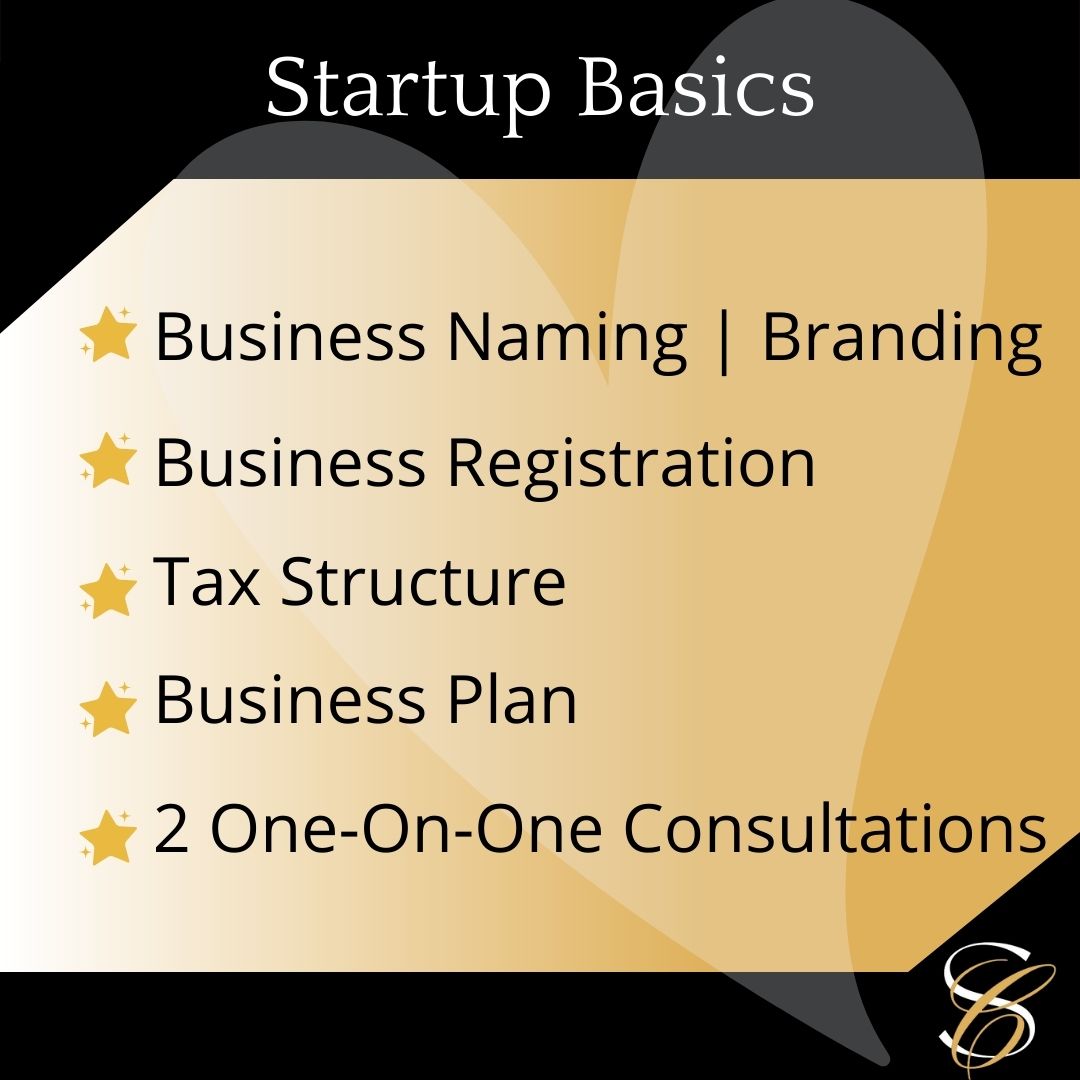Description
Naming/Branding Your Company
This is the first and most crucial step in starting your business. Choose a distinctive and memorable name for branding and registration purposes and speaks to the intent of your product or service. I recommend you narrow your choices to three options, then get the reaction of a few people you trust. If you choose a logo, get the rights assigned to you by the creator.
You must avoid the mistake of choosing a company name that has Trademark Registration, Domain Ownership, and Infringement Issues. The following are some of the steps to selecting a viable name.
- Google Search
- Search State Records
- Search USPTO Records
- Search domain Registration Sites
- Now, choose
Business Plan
Your business plan is a written document containing the vision, mission, and goals of your business, the methods for attaining these goals, and the time frame to achieve them.
Depending on the business’s stage, a business plan can be as simple or a complex, robust document. Your business plan will also change as your business changes and grows.
Tax Structure
The business structure you choose influences everything from day-to-day operations to taxes and how much of your personal assets are at risk. You should select a business structure that gives you the right balance of legal protections and benefits.
According to the IRS, you must decide what form of business entity to establish when starting a business. Your business state determines which income tax form you have to file. The most common business conditions are the sole proprietorship (the simplest form), partnership, corporation, and S corporation. A Limited Liability Company (LLC) is a business structure allowed by state statute. Legal and tax considerations enter into selecting a business structure.
Registration
There are two ways of registering a business name. The first is to form a business entity such as a corporation or limited liability company. The other method is to register a fictitious business name if you choose to be a sole proprietorship. The name you choose for your company will automatically be registered with your state, meaning no other business can be formed there with the same name.
In some states, you must also file a DBA registration with the state agency responsible for business filings, usually the secretary of state. In addition, depending on the type of business you have and where it’s located, you may have to register for licenses or permits from local licensing agencies.




